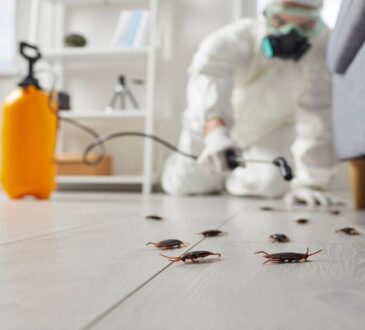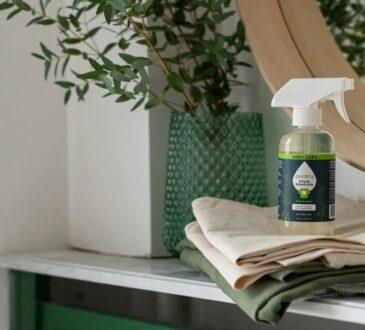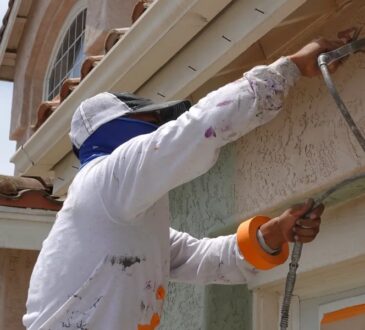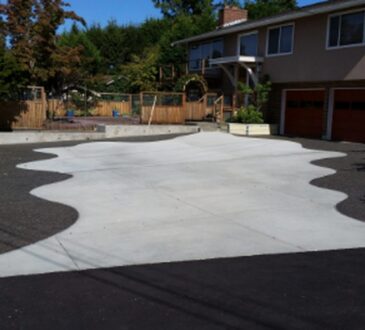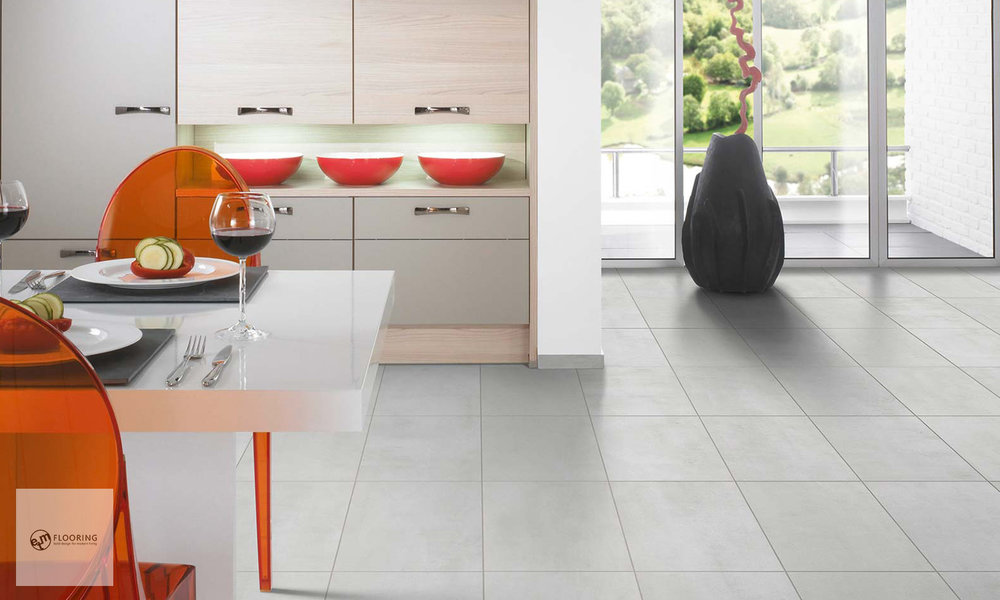
Vinyl flooring in the kitchen is a practical and stylish choice that complements a variety of décor styles. However, the longevity and continued beauty of your kitchen vinyl floor depend significantly on how well it is maintained. Here’s a comprehensive guide to help you keep your kitchen’s vinyl floors looking as good as new.
Routine Cleaning
Daily Sweeping
Dirt and grit can act like sandpaper, gradually wearing down the finish of your vinyl flooring. Use a soft broom or a vacuum cleaner with a soft brush attachment to remove dirt particles daily, especially in high-traffic areas.
Weekly Mopping
Once a week, mop your floor with a cleaner recommended for vinyl flooring. Avoid using abrasive cleaners, detergents, or “mop and shine” products, as they can leave a dull film on the floor. Ideally, use a mixture of apple cider vinegar and water for a natural cleaning solution that won’t leave any residue. For deeper cleaning, a few drops of dish soap in warm water can do wonders but rinse with plain water thoroughly afterwards.

Spot Cleaning and Stain Removal
Immediate Spill Response
Spills are inevitable, especially in a kitchen. Clean spills immediately to prevent staining. Simply wiping them up with a soft, damp cloth should suffice for most messes.
Tough Stains
For more stubborn stains, such as those from foods, oils, or ink, baking soda paste (made with water) can be gently rubbed over the stain and then rinsed off. Avoid using cleaning agents that contain ammonia or bleach as they can damage the flooring.
Preventative Measures
Use Protective Mats
Areas under the sink, stove, and workstations are prone to more spills and stains. Place mats in these areas to prevent potential damage. Be sure to use vinyl-back mats as rubber-backed mats can cause discolouration due to a chemical reaction.
Furniture Pads
Heavy kitchen appliances and furniture can dent and scratch vinyl flooring. Use felt pads under the legs of chairs and tables and consider using protective cups under heavier appliances.
Shoes Off Policy
Implementing a ‘no shoes’ policy in your kitchen can significantly reduce the amount of dirt and grit brought onto your vinyl floors, thus extending their life.
Seasonal Care
Sunlight Exposure
Vinyl floors can fade when exposed to direct sunlight over time. Use blinds, curtains, or other window treatments to manage the amount of sunlight hitting your kitchen’s floor throughout the day.
Temperature and Humidity Control
Extreme temperatures and high humidity levels can cause vinyl floors to expand or contract. Maintaining a stable indoor temperature and using dehumidifiers during particularly humid seasons can help prevent these issues.
Professional Maintenance
While regular DIY maintenance should be sufficient for keeping your floors in top shape, professional cleaning once a year can help extend the life of your flooring. Professionals can also apply specialty products that enhance the floor’s shine and protective layer.
Final Thoughts
Maintaining your kitchen’s vinyl flooring doesn’t require extensive effort but paying attention to the details mentioned in this guide will ensure your floors remain in pristine condition for years. Regular care, prompt cleaning of spills, and appropriate preventive measures will keep your kitchen vinyl floor looking its best, enhancing the overall look and feel of your kitchen space.

